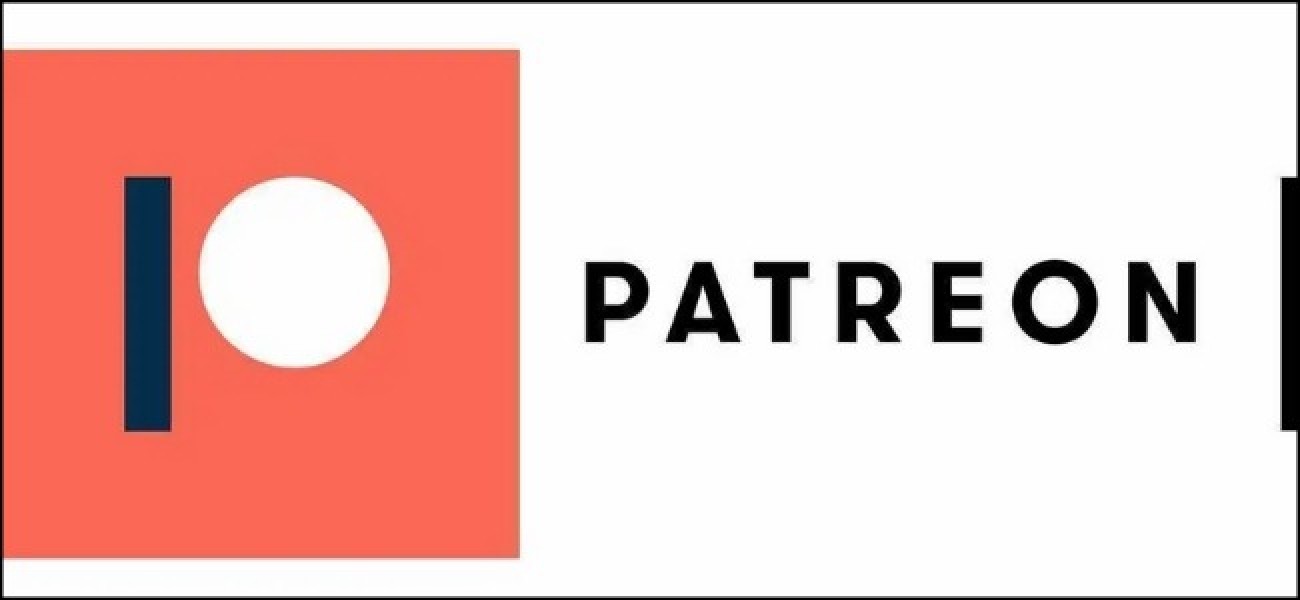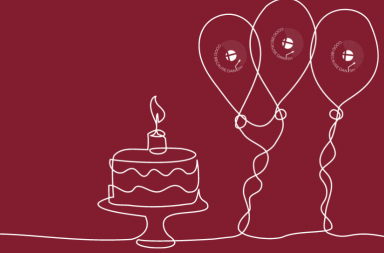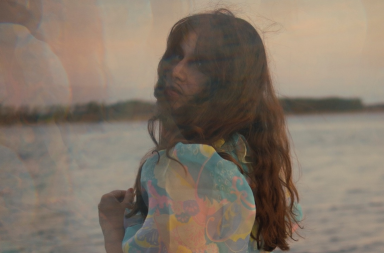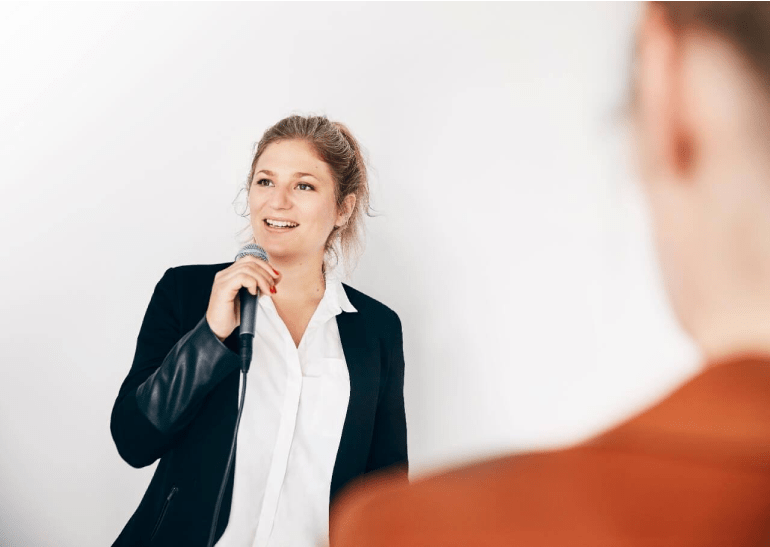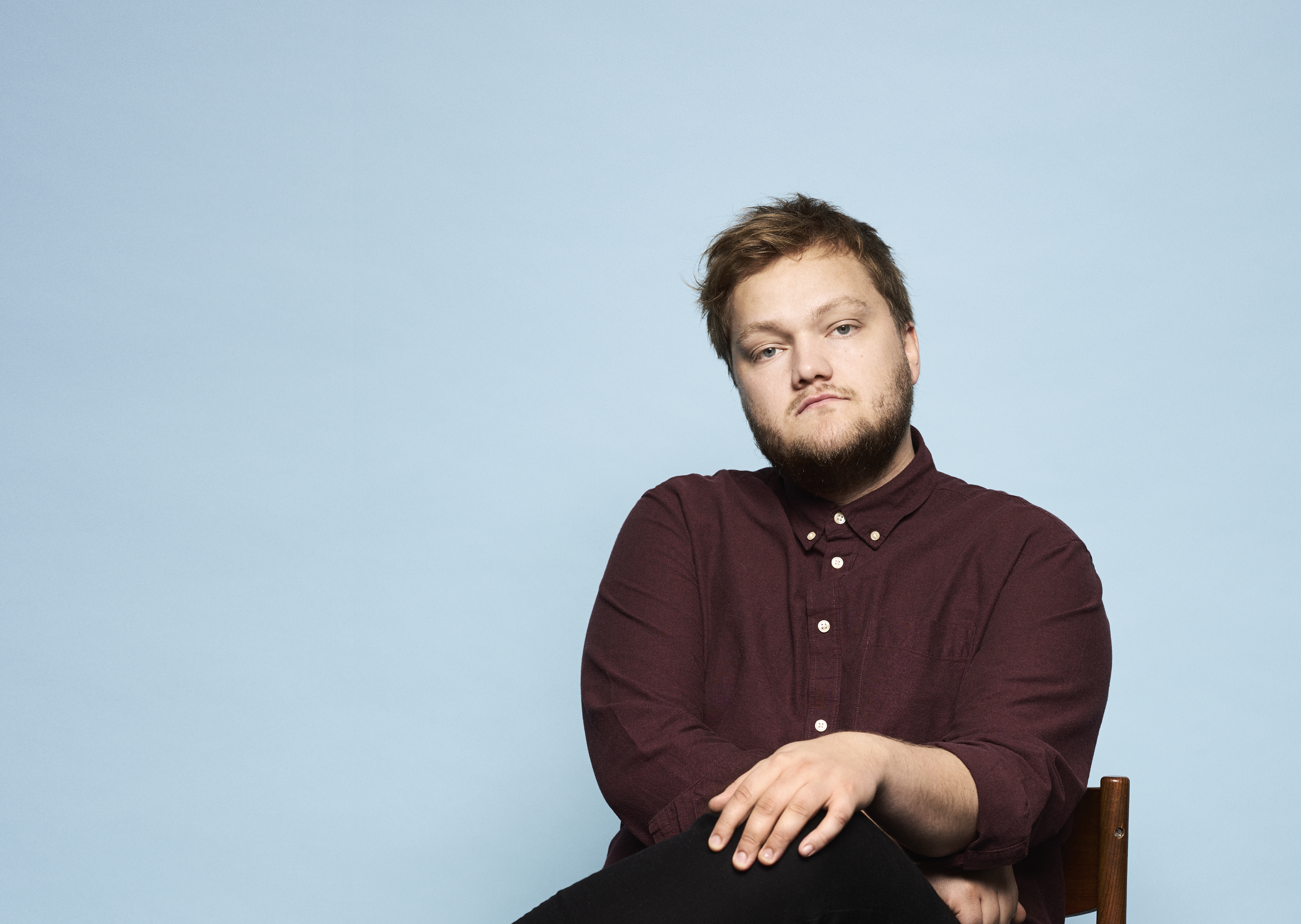
The music industry is like a machine with many different wheels. It is a challenging and demanding area to work in. At the same time, it can be extremely satisfying and exciting. In Backstage Talks we peek behind the scenes of this mysterious industry, talking with professionals who work away from the spotlight.
Many people put a lot of hard work and energy before a band goes out on stage and plays a show. One of those people, and a very important one, is a booking agent. What is their job really about? What does it take to plan a tour? How to approach summer festivals? How to find acts to work with?
We had many questions, so we sat down to talk with Magnus Grilstad from Wonderwhy — a multirole booking agency from Copenhagen.
Next time you are at a concert, take a moment to think of the booking agents and venue bookers to appreciate their work. Without them, you might not be able to see your favourite band live at all.
How did you come up with the idea of starting Wonderwhy?
Wonderwhy as it is now, a booking and management agency, was started three years ago. Before that, I did a lot of venue-booking. Together with a few people connected to Wonderwhy, we were setting up concerts at smaller venues in Copenhagen. I gained a lot of experience as a musician in my band Heimatt, but after putting it on hold in 2018, I decided to focus more on the agency part of the music industry which I always had a flair for.
We also felt there was a gap in the market for indie and upcoming bands’ PR. Here we can work with media from all over the world, not only within the Danish borders. For the past three years, we have been focusing on building our roster and image. Now we’re officially launching our new PR & consulting company, where we combine our strengths within PR, booking and funding.
What are the differences between the role of a booker and an agent?
A booker is usually hired by the venue to curate its music program. The venue’s booker will then be in touch with the artist’s agent. This is what we do at Wonderwhy, we are agents. We work with a variety of mainly Danish artists and bands. Our role is to be in charge of our acts and accommodate their venue and touring requests.
How does the booking agent set up a tour?
First, we have a dialogue with the artists about realistic and sensible possibilities of touring. A lot of factors are in place at the beginning of planning a tour.
One of my bands, Rebecca Lou, are a rock band, so they build an audience by playing a lot of shows. It helps if they’re on the radio, if they have good traction on Spotify, but usually, with an act like that, our strategy would be to play live for as long as it makes financial sense. Whereas with a pop artist, there is usually strong storytelling that needs to be set together with a lot of radio buzz before you sell out the first headline show.
That’s what the agent discusses with the artist when starting to plan a tour: which cities make sense to play in, how many shows there should be. Then it’s the agent’s job to materialise that. If we agree on setting up 10 shows in Denmark, the next step for us as an agency is to reach out to the venues and see if their bookers are up for it. Obviously, being realistic is a big part of it all. There’s a huge difference between the venues in big cities and those in smaller cities. The latter know that their events can struggle to attract an audience, even if the band is great. This says a lot about the Danish concert culture: people are not curious.
Gigs in Denmark often happen on Thursdays, Fridays and Saturdays. When an artist tours abroad, they can play for two weeks without a break, but here we consider the dates that are most likely to sell. We also make sure that the route of the tour makes sense, fits the plans of the artist as well as the venues.
We figure out the contract terms with the venues: the fee, production, equipment, other details. All these things need to be agreed upon before the contract is finalised.
How does a booking agent approach festivals?
In late summer we usually start reaching out to large festivals. Of course, it depends on which artists we want to pitch to which festivals: they have to be suitable. Wonderwhy works with a lot of indie acts: some with a broad appeal and some who only suit a certain audience. There’s a lot of competition between all the upcoming artists. No matter the genre, it’s an absolute battle to land a show at one of Roskilde Festival’s warm-up days at the Rising or Countdown stage.
We also invite festival organisers to our showcases where they can see the acts live. All festivals really care about giving their audience a good live experience, so our artists need to deliver that. We can’t work with those who aren’t amazing live: that’s what we are selling.
How does a booking agent choose bands to work with? How do you do it at Wonderwhy?
Sometimes the artist’s manager or label gets in touch with us. Other times, the band reaches out to us directly, sends their demos or recordings, and tells us about their plans. If we feel like there’s a match between what we hear and their plan, we can start a collaboration. So it helps when prospective artists come to us with an outline of the next two years, as well as ideas of how they would like to develop their project.
Sometimes we get intrigued by a new name, and we reach out to them. An example would be GRETA. I was blown away by her performance at Lille VEGA in Copenhagen and I reached out to her. I thought there was a lot of potential to build up around her new music which sounded amazing.
ELBA sent me some of her raw demos, and I felt like there was something there. We started working with her and her band from scratch. After a few shows and conversations about performance, we pitched them to Roskilde Festival and bagged them a slot at the Countdown stage.
We also have a good collaboration with We Are Suburban (now W.A.S. Entertainment), another music company doing mainly label and management. They work with Rebecca Lou, Blæst and M. Rexen that we’re also working with. When they find a new artist, they often contact us regarding live shows. And when I find something good, I might send it to them.
What was the highlight of your career as a booking agent?
I definitely have to say Roskilde Festival 2019. We had four acts playing there: ELBA, Rebecca Lou, M. Rexen, and Girlcrush. At the time, Wonderwhy had only been functioning as a booking agency for a couple years, so it surely was a highlight. Roskilde has a special place in my heart, but it is also an important event in Denmark. A lot of media attention follows those who are booked.
What have you learnt from working with Wonderwhy? What was the biggest surprise?
It has been a great learning process, being able to explore and understand different roles in the music industry on a deeper level, how they mix and where they meet. I’ve learnt more about the differences in working with indie, pop, rock, electronic and alternative artists. Building a career for them varies in the challenges they meet.
There are many small surprises, as well as valuable lessons. Being a musician myself and having done some booking before Wonderwhy, I’ve learnt how the wheels turn in the music industry. Now I’m putting it into use on the other side of the process.

